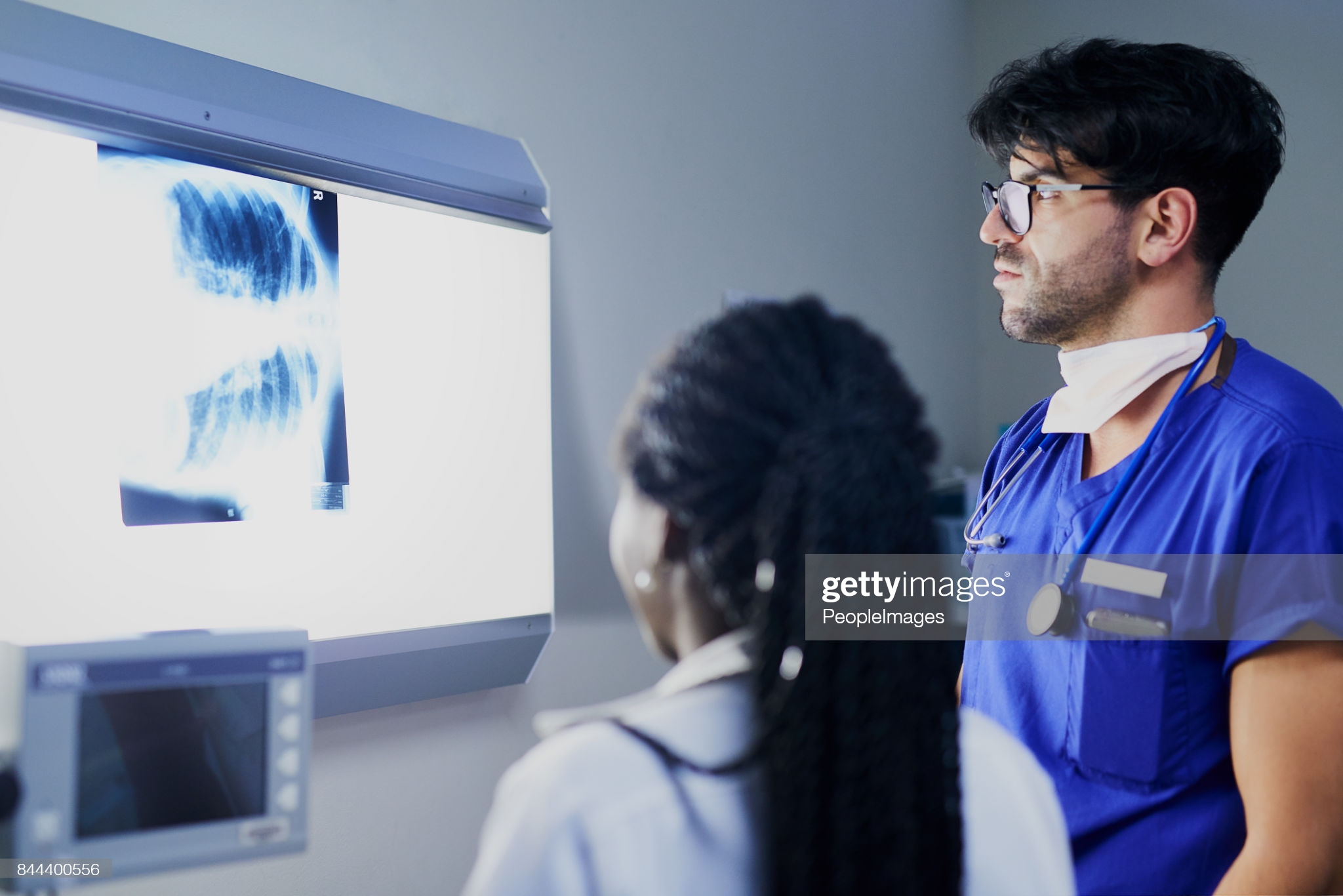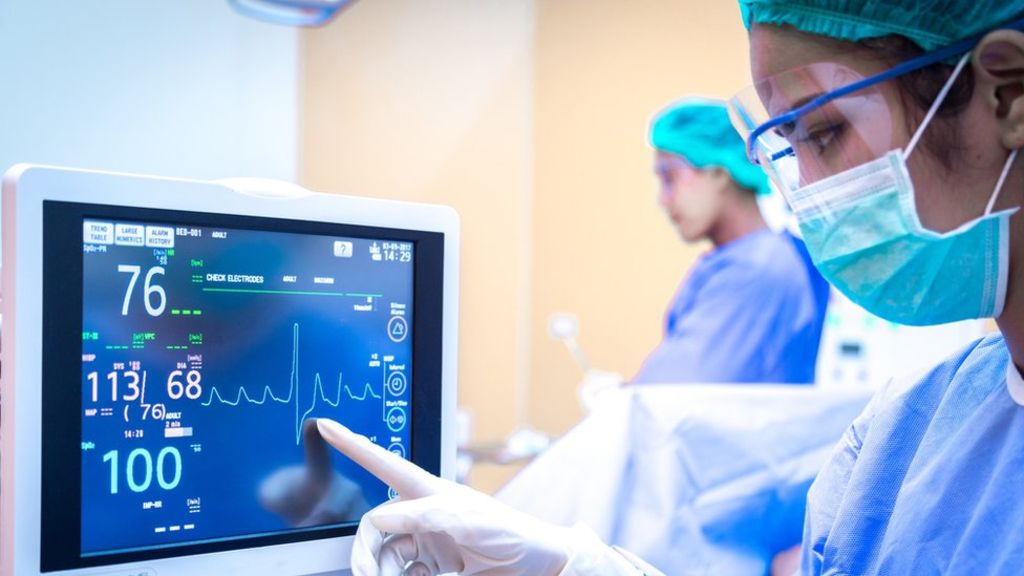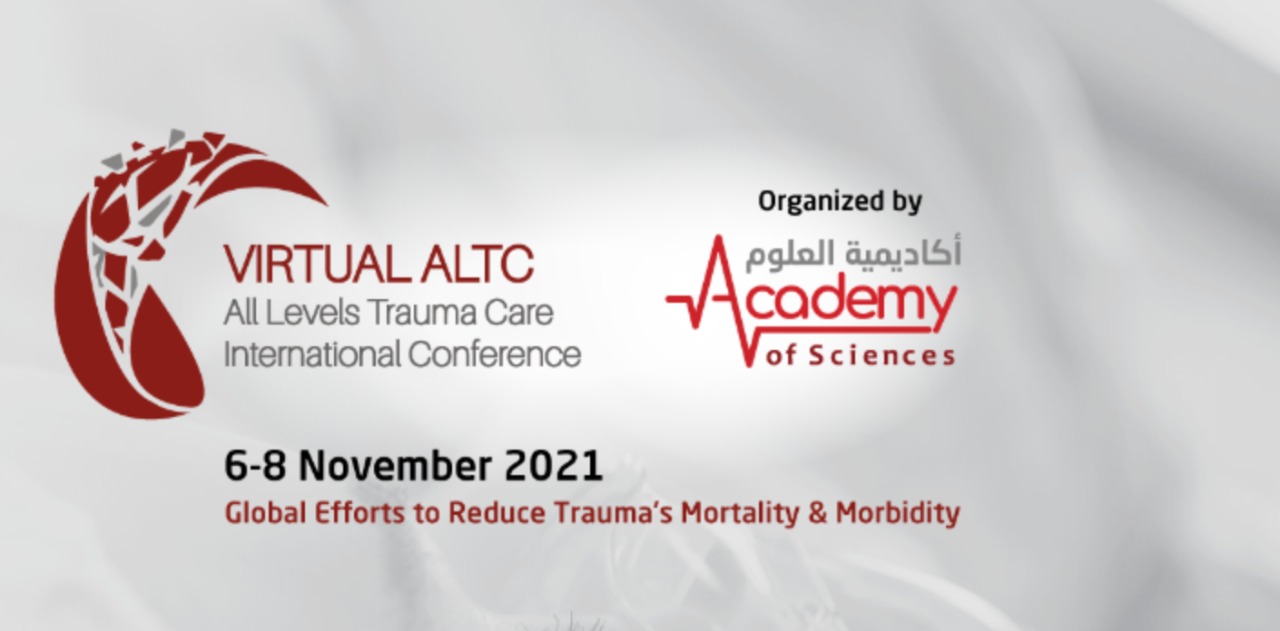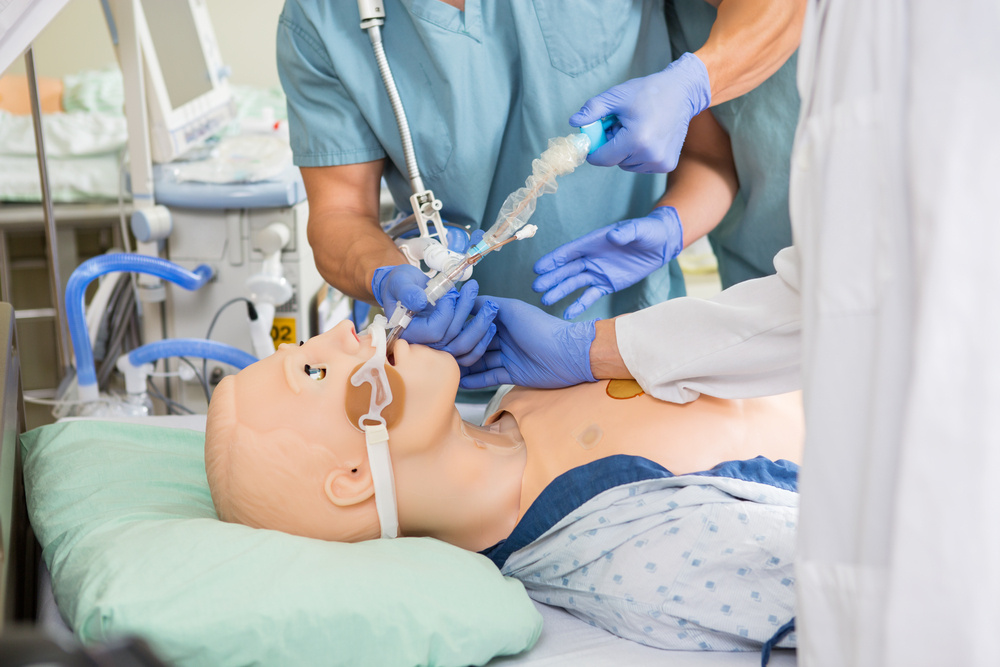دورة دعم الحياة الأساسي باستخدام الواقع الافتراضي
50
199
لغة الدورة: English
Accredited By: جمعية القلب السعودية, أكاديمية العلوم,
The aim of the VR-BLS Course is to empower participants with advanced Basic Life Support skills
المدة الزمنية
2 ساعات
الحضور
في المقر
دورة دعم الحياة الأساسي باستخدام الواقع الافتراضي
Course Description:
The VR-SHA BLS Course, an advanced and interactive training course, utilizes Virtual Reality technology to teach Basic Life Support (BLS). It offers a rich, immersive learning experience that notably enhances retention and comprehension. This course is specifically designed to cater to a wide range of emergency scenarios, making it highly relevant and practical.
By creating realistic, high-pressure scenarios in a safe, controlled VR environment, the course significantly enhances decision-making skills, attention to detail, and the practical application of BLS techniques. Accredited by the Saudi Heart Association, the VR-BLS course provides comprehensive training in BLS for adults, pediatric, and infants and using AED. It includes hands-on practice including dynamics of multi-rescuer team coordination, and specialized scenarios such as choking emergencies, maternal cardiac arrest, and opioid-associated emergencies. The course is structured to offer a high standard of proficiency and real-world application, ensuring that trainees are well-prepared for actual emergency situations.
Course Aim:
The aim of the VR-BLS Course is to empower participants with advanced Basic Life Support skills, enabling them to confidently and effectively manage diverse emergency scenarios. Post-attendance, the audience will be adept in practical BLS applications, particularly in high-stress environments. The key takeaway is the ability to apply these vital skills in real-life situations, using the knowledge and experience gained from the immersive VR training.
Couse Objective:
By the end of the course, participants will:
- Demonstrate proficiency in Basic Life Support (BLS) techniques focusing on age-appropriate resuscitation methods for adults, pediatric, and infant, including the correct use of Automated External Defibrillators (AEDs).
- Identify and respond to choking emergencies in adults, pediatrics, and infants.
- Collaborate and execute multi-rescuer BLS scenarios, emphasizing coordinated teamwork and effective communication in emergency situations.
- Analyze and implement strategies for managing special considerations in BLS, which includes acquiring skills in rescue breathing, maternal cardiac arrest, and techniques for opioid-associated emergencies.
- Aim for a minimum accuracy/passing score of 90% or higher in VR-based simulations and assessments on the final VR-based exam.
Activity Assessment- Gap in the knowledge:
The traditional BLS training often struggles with limitations in engaging learners fully, leading to challenges in maintaining attention and effectively imparting practical skills. This is a critical gap, as attention and hands-on experience are essential for mastering life-saving techniques in emergency situations.
Therefore, the VR-BLS course offers an impressive solution by:
- Enhancing Engagement: Leveraging VR technology, the course captivates learners' attention more effectively than traditional methods. This heightened engagement is crucial for deep learning and retention of complex BLS procedures.
- Practical Skill Application: The course provides immersive, realistic simulations, allowing for hands-on practice in a controlled environment, leading to better skill acquisition and decision-making.
- Accreditation and Alignment with Standards: Accredited by the Saudi Heart Association, the course adheres to established BLS guidelines, ensuring both credibility and educational relevance.
- Continuous Updates and Support: Regular updates and dedicated technical support keep the course current and user-friendly, further enhancing the learning experience.
- Proven Results: Feedback from early adopters shows a significant increase in attention, knowledge retention, and exam performance. Specifically, VR's application in education has led to a 75% increase in knowledge retention and a 100% improvement in exam results compared to traditional training methods.
The VR-BLS course, with its engaging, interactive approach, not only addresses the critical gaps of traditional BLS training but also sets a new standard in healthcare education by significantly improving attention, skill acquisition, and overall learning outcomes.
المواعيد المتاحة
| من | إلى | المدينة |
|---|





